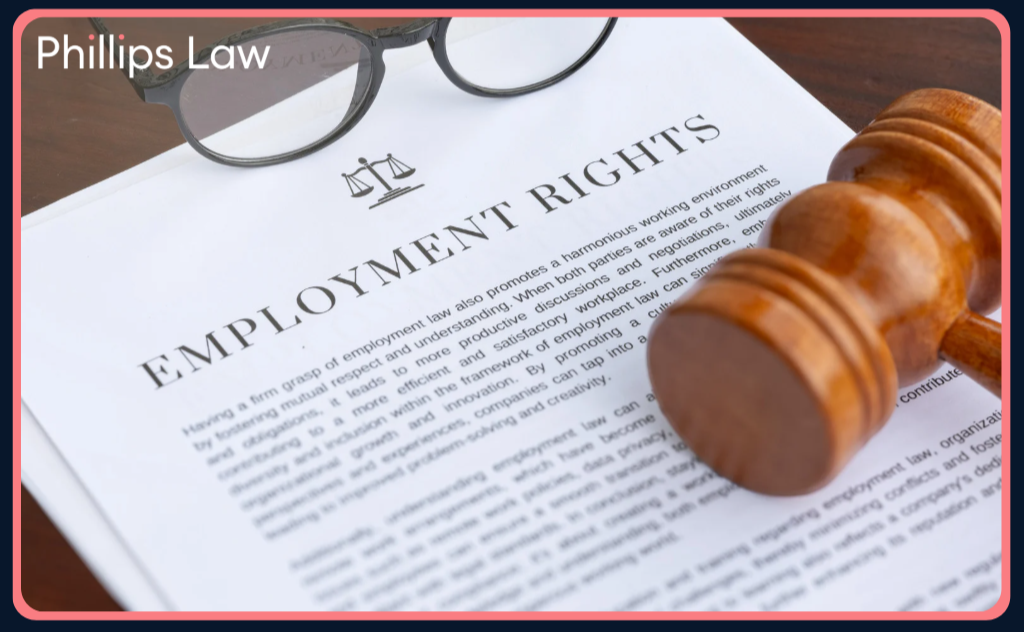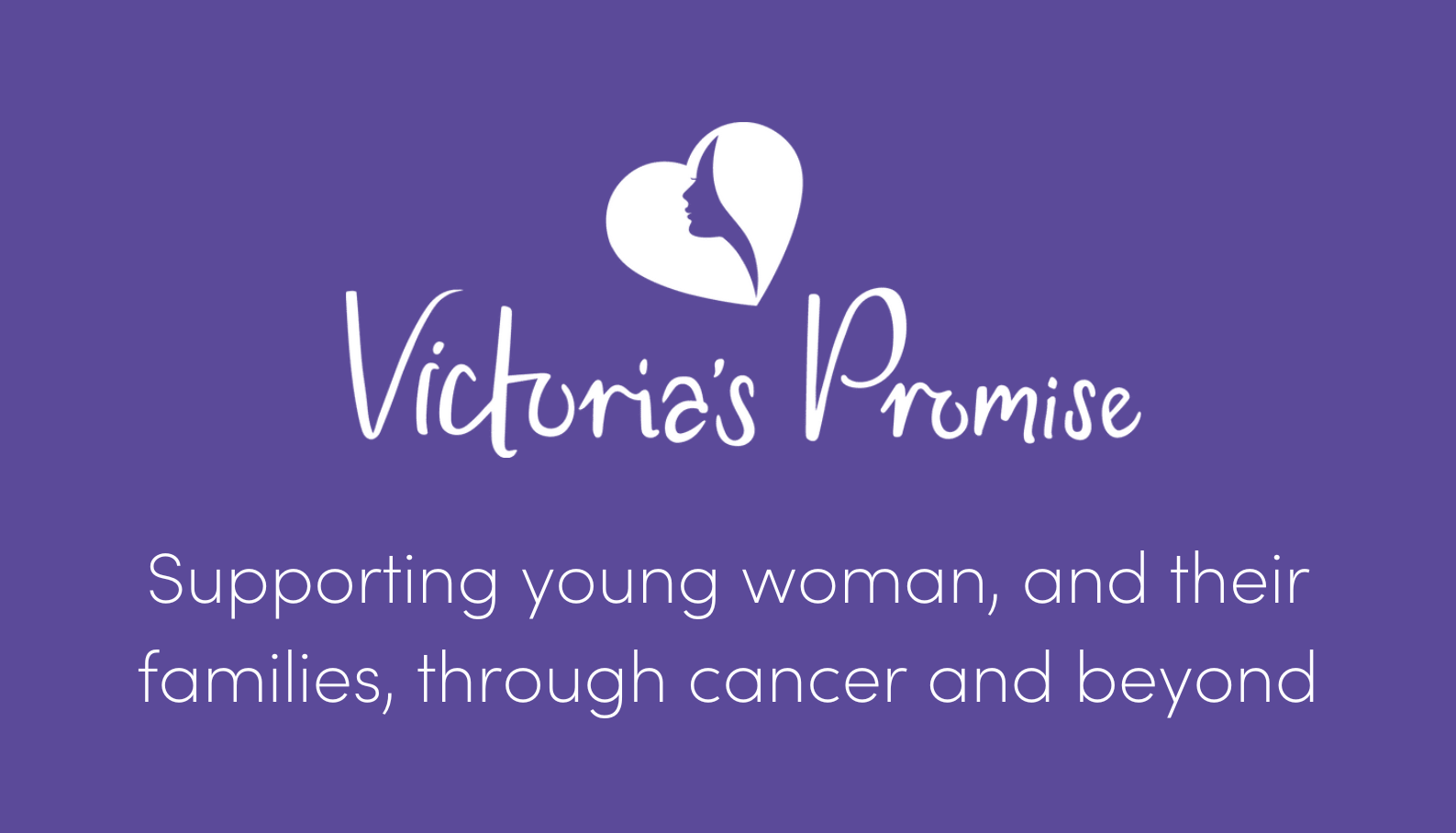
18 July 2025
Planning for the future is one of the most important things you can do to protect your health and wellbeing, especially as you get older. A Health and Welfare Lasting Power of Attorney (LPA) allows you to choose someone you trust to make decisions about your care, treatment and daily life if you lose the ability to decide for yourself.
Without a legally binding LPA in place, your loved ones may be unable to act on your behalf, even in urgent situations. That’s why planning ahead with a Health and Welfare LPA is essential for anyone who wants peace of mind and control over their future.
What is a Health and Welfare Lasting Power of Attorney?
A Health and Welfare LPA is a legal document that lets you appoint one or more people (known as attorneys) to make decisions about your personal health and care if you lose mental capacity in the future.
It covers decisions such as:
- Where you live and who cares for you
- What you eat and wear
- Your daily routine
- The medical treatment you receive
- Whether to continue or refuse life-sustaining treatment
- Your end-of-life care and organ donation wishes
By creating an LPA, you make sure that your preferences are known and legally recognised, and that someone you trust is empowered to speak up on your behalf.
1. Think about your future wishes and write them down
Take some quiet time to reflect on what you would want if you could no longer make decisions about your own care. Would you prefer to stay at home rather than move into a care facility? Do you have strong feelings about life-sustaining treatment or pain relief? Are there cultural, religious or personal preferences that should be respected?
Writing down your thoughts can help you understand what matters most and start to form a clear plan.
2. Have the conversation
Once you’ve thought about your wishes, it’s time to talk to those closest to you. Choose someone you trust, such as a family member or close friend, to talk to about your future care.
These conversations can be difficult, but they’re important. Talking now means your loved ones won’t be left guessing later. It also gives them the chance to ask questions and feel confident in their ability to support you.
Remember: it’s never too early to start the conversation, but it can be too late.
3. Speak to a specialist and get your wishes finalised in a legal document
While it’s possible to create an LPA yourself using online forms, mistakes or vague wording can cause serious problems down the line. A DIY LPA may not fully reflect your wishes, or it could be rejected altogether.
That’s why it’s best to speak to a specialist legal professional who understands the complexities of Health and Welfare LPAs. They’ll make sure your document is legally valid, accurately reflects your preferences, and considers all the right questions, even the ones you haven’t thought of.
Feeling ready to take the next step?
A Health and Welfare LPA helps give you the confidence that your wishes will be followed and that someone you trust will be there to make the right decisions on your behalf.
Our expert Wills, Trusts and Probate team can guide you through the process with sensitivity and clarity, helping you put plans in place that reflect your wishes and provide peace of mind for you and your loved ones.
We are proud to have four Accredited Lifetime Lawyers on our team: Sian Lias, Lisa Perry, Nicola Browett, and Claire-Marie Selwood. Lifetime Lawyers are specialists in later-life planning, they understand the importance of getting these decisions right.
Contact Us
Please call us or email and we’ll get back to you as soon as possible.

We are delighted to announce that Phillips Law is the regional sponsor of the Knight Frank Schools Triathlon, supporting both the Charterhouse and Marlborough events. The Schools Triath ...
More
What farming families and business owners need to know If you own a farm, land, or a family business, you will have undoubtedly heard that inheritance tax (IHT) rules are changing. Whil ...
More
We are about to see a great wave of Employment Law changes following the Employment Rights Act 2025 becoming law in December. We will use these updates to keep you abreast of the change ...
More
As we look back on a busy and notable January at Phillips Law, we wanted to share a round-up of recent milestones, insights, and community moments from across the firm. Phillips Law cel ...
More
A guide to share incentivisation for employers and an update on the new employment rights. We have created a morning of practical insight that focuses on how you can reward and retain y ...
More
We are proud to announce Victoria’s Promise as Phillips Law’s Charity of the Year for 2026. Victoria’s Promise is a local charity providing dedicated support to young women aged 25 to 5 ...
More